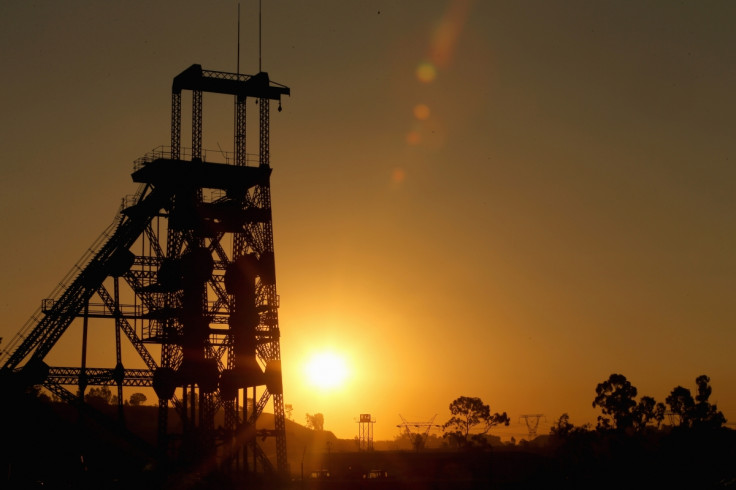Anglo American signals second phase of 2015 commodities rout as miners dive on FTSE 100

The revelation that Anglo American is cutting two thirds of its workforce and slashing capital expenditure did much more than just send the miner's share price diving. The plans set out by the firm to reduce its workers by 85,000 signalled the second phase of a commodity crisis in 2015.
Anglo American announced on 8 December that it is also cutting 60% of its assets. The bearish comments caused other miners to also fall on the FTSE 100. Meanwhile, the FTSE 350 mining index crashed below 6,964 points, its lowest level in more than 11 years.
It was the dividend suspension that caused Anglo American to dive on the FTSE, but the wider sector has suffered over the past months and is experiencing another downturn. Mike van Dulken, head of research at Accendo Markets, said the market is lacking security.
"Equities on another downer as the commodity sector remains under considerable pressure, the Anglo American AAL) dividend cut rippling through and generating uncertainty about income sustainability elsewhere in the face of major sector adjustment," he said.
In the race to win the 2015 FTSE 100 wooden spoon, Anglo American has just overtaken Glencore. pic.twitter.com/oePAiEBNrX
— Neil Hume (@humenm) December 9, 2015"China inflation data adding to evidence of slowing export economy and thus demand for materials, while further weakness in oil is also keeping energy names under the cosh. All this as we tip-toe closer to a US rate rise next, which could see the commodity currency USD strengthen, adding insult to injury."
Anglo American and Glencore are among the biggest fallers on the FTSE 100 as the year comes to an end. Both commodity firms have seen their share prices dive by more than 70% since January.
Both companies also decided to cut production, although it was only Glencore who did so to protect the market. The trader's overhaul included the recent announcement of 180 job cuts across the 230-strong workforce at its Collinsville mine in north Queensland, Australia, in 2016. Rival Rio Tinto decided against cutting production, despite pressure to set an example for the commodities sector.
Apart from copper and other metals, coal is being hit as well. In a morning note, Investec analysts said: "In the current coal pricing environment, that several million tonnes of output hasn't reached the market is perhaps not so bad."
© Copyright IBTimes 2025. All rights reserved.






















